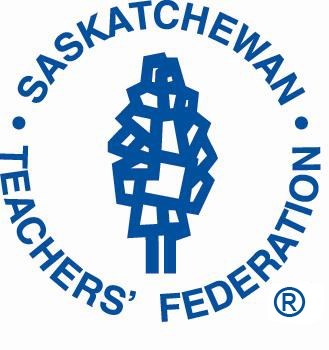Saskatchewan teachers and the government finally have an agreement that will see them get a raise of 7.55 per cent over four years.
The dispute, which saw teachers reject tentative settlements in September 2013 and May 2014, led to the establishment of a conciliation board in August 2014. The tribunal, consisting of a representative from each the employer and the union and a mutually agreed upon chair, recommended the raise, which was accepted by both parties.
It includes
A four-year term commencing September 1, 2013, and ending August 31, 2017 with 1.8 per cent in the first year and 1.9 per cent in each of the final three years retroactive;
These same increases are applied to administrative allowances for principals, vice‐ principals and assistance principals;
A 0.25 per cent increase in government pension contribution rates to the Saskatchewan Teachers’ Retirement Plan effective July 1, 2016;
The creation of and the process for a Task Force on Teacher Time; and
A letter of commitment, to take effect upon the establishment of a new regulatory body
for teachers, confirming that any associated professional fees will be paid on behalf of teachers and school boards by the Ministry of Education in the first two years.
The committee commissioned the teacher time study and released its final report last week.
“The study found teachers’ time with students is compromised by the rising number of tasks that must fit into a school day and the opportunity for practice improvement hinges primarily on the quality of time available,” the report states.
It makes 11 recommendations:
1. Deliberation to resolve the outstanding teacher time issues continues through an alternate process that will result in formalized agreement on teacher time.
2. Establish maximums on the length of the school day and annual student instructional time.
3. Every school division will have a calendar development policy and process that is based on the best practices, principles, and processes, and includes consultations with teachers, students, parents, support staff, school community councils, or the broader community into the school calendar.
4. Conduct a joint interpretation and communication of the application of current legislation and regulations for instructional time to further support understanding within the education sector.
5. Every school division undertake a collaborative problem-solving process to engage teachers at the school level to identify and address issues that result in school division and school improvements with respect to teacher time and workload intensification.
6. Every school division will establish their own processes to meet with teachers on a regular basis to explore and problem solve specific or urgent topic(s) and jointly manage the components of ongoing change.
7. Establish a mechanism for regular meetings of the Ministry of Education, Saskatchewan Teachers’ Federation, and Saskatchewan School Boards Association to monitor and consider the impact on teachers and students of potential changes in educational policy and practice.
8. Create regular opportunities for open dialogue and problem solving to consider emerging issues in a timely manner on an ongoing basis.
9. Establish a joint monitoring mechanism to review progress and report the outcomes on the recommendations of this report.
10. Conduct a system exploration to seek further opportunities at the provincial level to streamline teachers’ tasks.
11. Undertake a comprehensive review of the education sector and its legislation to ensure the publicly funded education system is sustainable, responsive, and meets the needs of students and society.



